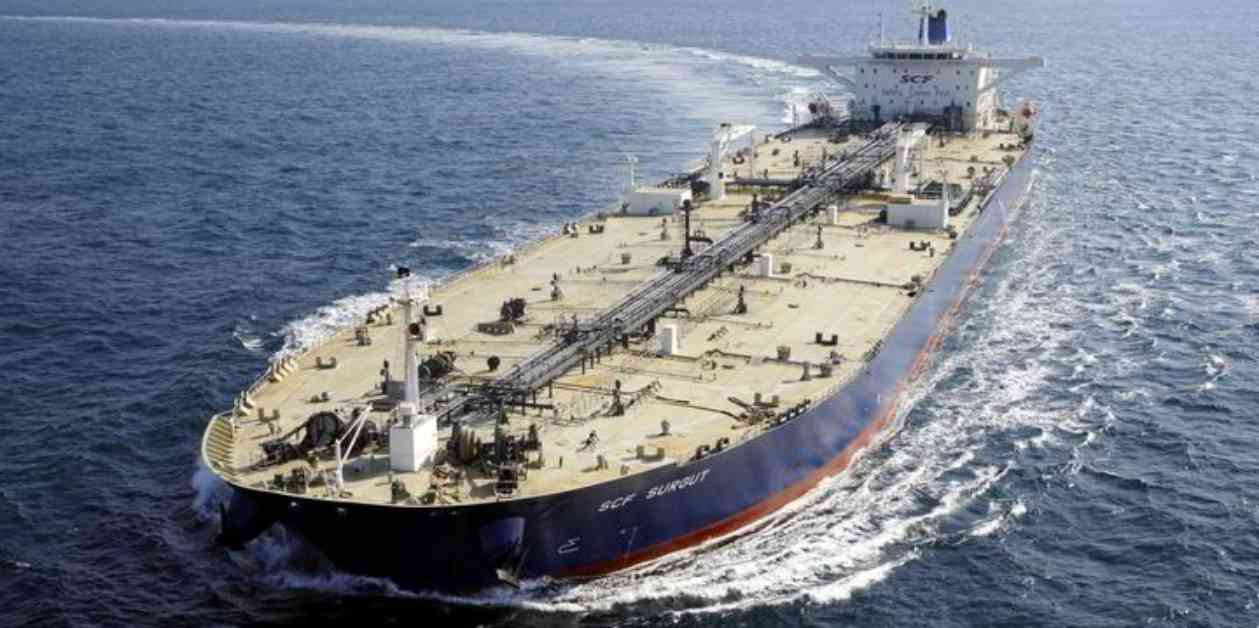The US Biden administration is gearing up to implement fresh sanctions targeting vessels transporting Russian oil sold above the Western price cap of $60 per barrel, according to Reuters sources. In a bid to bolster support for Ukraine amid the ongoing Russo-Ukrainian conflict before President-elect Trump’s January 20 inauguration, the administration is taking proactive steps due to Trump’s prior criticism of US support costs for Ukraine. The approach Trump will adopt regarding Russian sanctions post-inauguration remains uncertain.
Sources revealed to Reuters on January 5 that the impending sanctions will constitute a substantial package, including measures against individuals involved in networks trading oil above the stipulated price ceiling. The target of these sanctions is Russia’s “shadow fleet,” an extensive collection of antiquated vessels utilized to circumvent the price cap. The fleet is estimated to comprise hundreds of ships, with the US having previously sanctioned numerous vessels as part of its efforts to curtail Russia’s oil revenue and access to supplies fueling the conflict in Ukraine.
These vessels employ tactics such as ship-to-ship transfers to obfuscate the origin of the oil they transport. This clandestine practice not only evades oversight but also raises concerns about transparency and escalates the risk of environmental disasters like oil spills. US Treasury Secretary Janet Yellen acknowledged to Reuters last month that further sanctions on tankers were being deliberated, with the possibility of penalties against Chinese banks not being ruled out.
US Stance on Russia’s Shadow Fleet
The US administration’s decision to target Russia’s shadow fleet underscores its commitment to curbing Russian aggression and supporting Ukraine in the ongoing conflict. By imposing sanctions on vessels involved in illicit oil trading, the US aims to undermine Russia’s financial resources and disrupt its logistical support for military operations in Ukraine.
Environmental and Transparency Concerns
The utilization of aging and underregulated tankers by Russia’s shadow fleet raises significant environmental and transparency issues. The covert transportation of oil through ship-to-ship transfers poses a threat to marine ecosystems and increases the likelihood of oil spills, highlighting the need for stringent regulatory measures and international cooperation to address these risks.
Global Response to Russian Aggression
The US sanctions targeting Russia’s shadow fleet are part of a broader international effort to hold Russia accountable for its destabilizing actions. With countries like the UK, EU, and G7 imposing sanctions and calling for increased scrutiny on Russia’s maritime activities, the global community is sending a clear message that violations of international norms will not be tolerated.
In conclusion, the US’s planned sanctions on Russia’s shadow fleet represent a strategic move to counter Russian aggression and support Ukraine. By targeting vessels involved in illicit oil trading, the US aims to disrupt Russia’s financial resources and logistical support for military operations in Ukraine, underscoring the international community’s commitment to upholding peace and stability in the region.

















